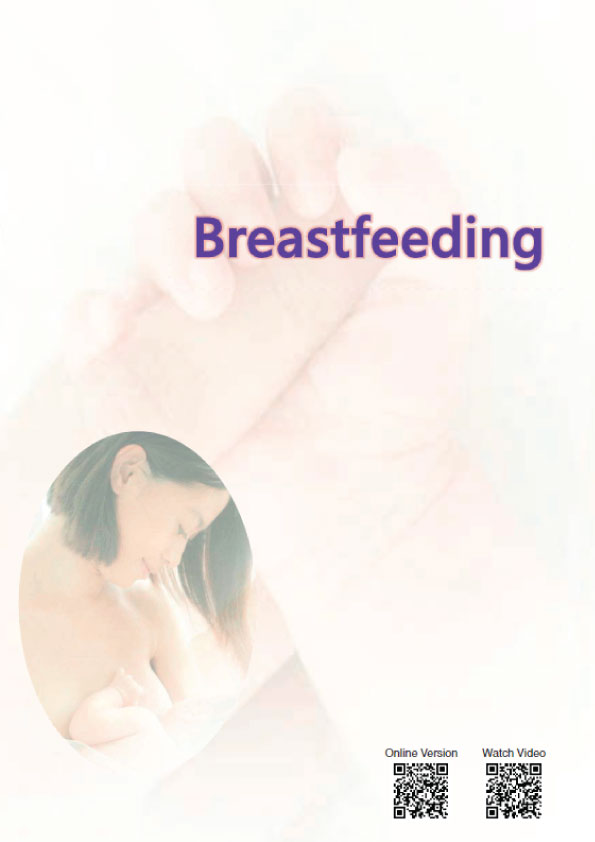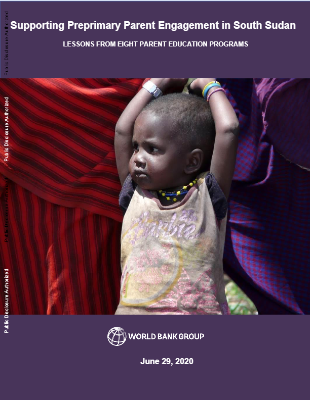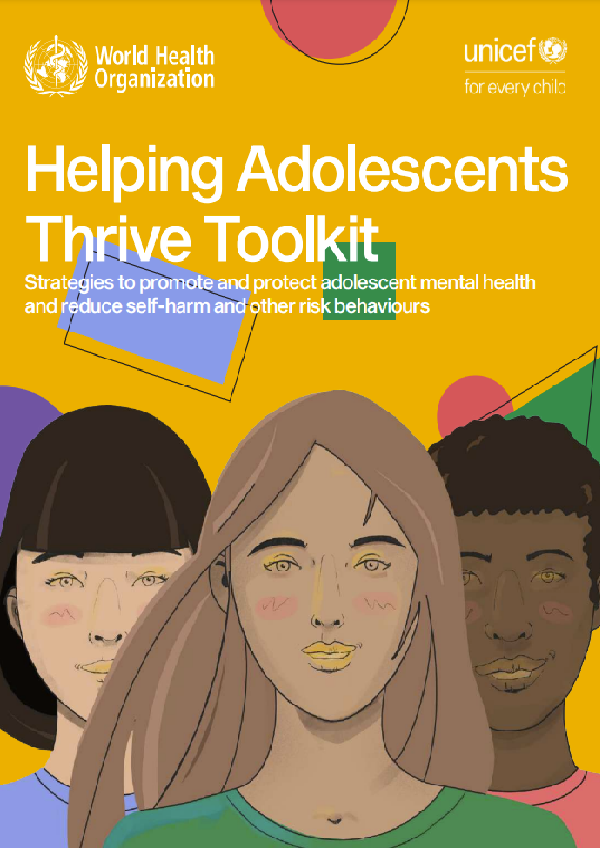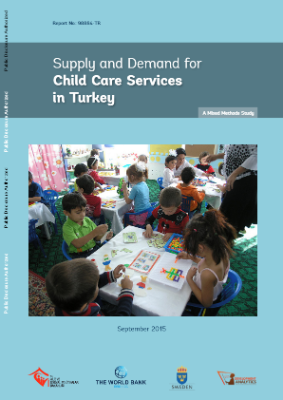Breastmilk is the natural food for your baby. The longer the babies are fed on breastmilk, the greater the benefits for the health of mothers and babies. According to the World Health Organization’s (WHO’s) recommendation, babies should be breastfed exclusively in the first six months and continue to have breastmilk together with solid food in their diet until two years old or above.
The Benefits of Breastfeeding:
- Breastmilk provides all the essential nutrients that meet the baby’s needs in the first 6 months of life
- The proteins in breastmilk are easily digested and absorbed
- Breastmilk contains many antibodies and immunoglobulins, which help to enhance the immunity of the baby, and reduce the chance of having allergic conditions and infections
- During breastfeeding, the close and intimate contact between the mother and baby greatly enhances mother-infant bonding
- Breastfeeding is more hygienic, convenient, economical and environmentally friendly than bottle feeding
Tips of Success:
- Rooming in
Let your baby sleeps in a cot by your bed so you can observe his needs easily and respond readily - Feeding on demand
Let your baby take the lead in feeding. Most newborns require frequent feeding of up to 8-12 times a day in the first month - Family Support
Research showed women with support from their partners and families being able to continue breastfeeding for six weeks is 8.5 times that of those without support - Seek medical help
Seek help from health professionals when you are in doubt
To Mum and Dad:
“How do you know your baby is getting enough milk?”
Healthy full term Babies:
- Feeding:
- Feed at least 3 to 4 times on the first day
- Feed frequently for 8 to 12 times a day according to their needs from 2nd day onwards. They appear contented and satisfied after feeds
- However, every baby has his own feeding pattern. Some of them may need to be fed more frequently at certain time of the day. Therefore feed them according to their needs
- Wet nappies:
- Have 1 to 2 wet nappies for exclusively breastfed babies on the first 2 days
- Have at least 3 heavier nappies per day on the 3rd and 4th day
- Have 5 to 6 heavy nappies (equals to 3 tablespoons of water in a nappy) with clear or light yellowish urine after the 5th day
- Soiled nappies:
- Pass black or dark green meconium on the first day
- Change from passing meconium to yellowish stool in the first 5 days
- Texture changes from loose or pasty to seedy gradually
- Pass at least 2 times yellowish stool per day (size of a $1 coin at least) in the first month
- Body weight:
- It is normal for your baby to lose a bit of weight in the first few days after birth
- By the first to second week, your baby will regain the birth weight and then put on weight steadily
- He will gain at least 0.5 kg at the first month
- Mums:
- Breastfeed exclusively and no need to add formula milk or water
- Be free from breasts and nipples sore, see or hear your babies swallowing while breastfeeding
- The fullness feeling in the breast become relieved after feeds in the first few weeks (may not notice the changes in the first few days as your milk hasn’t come in)











